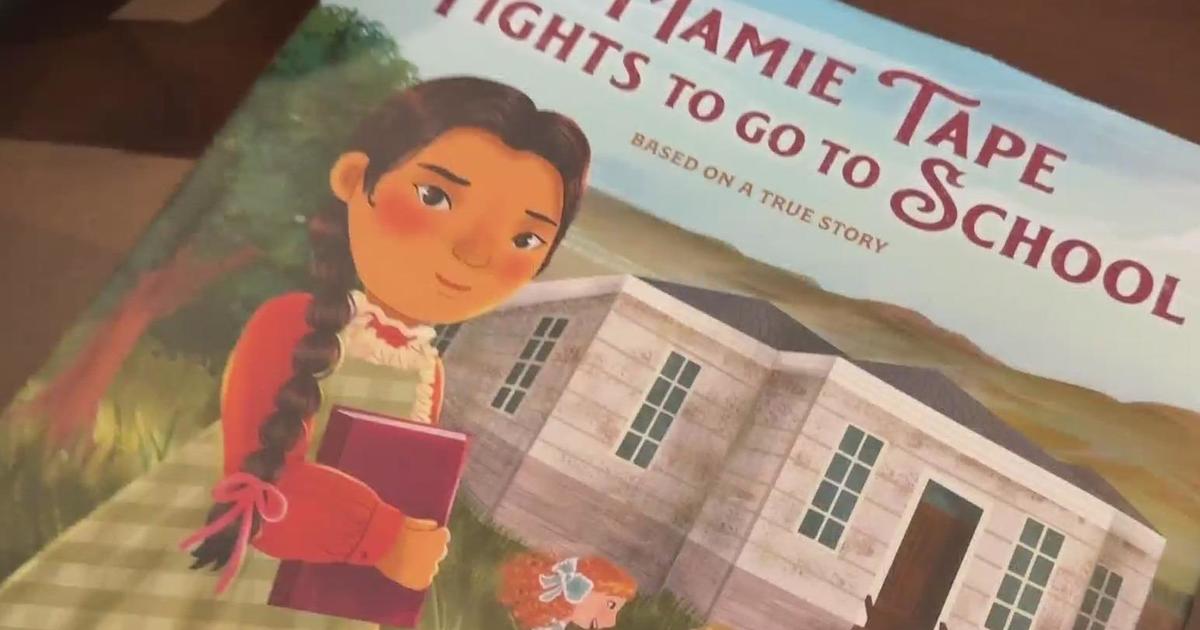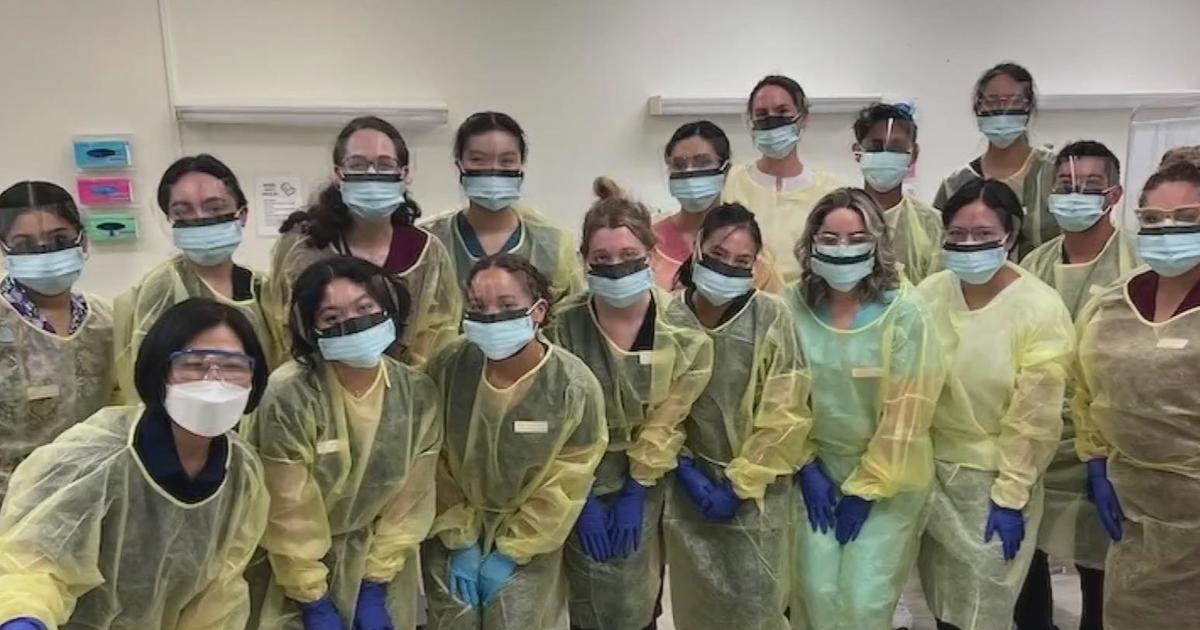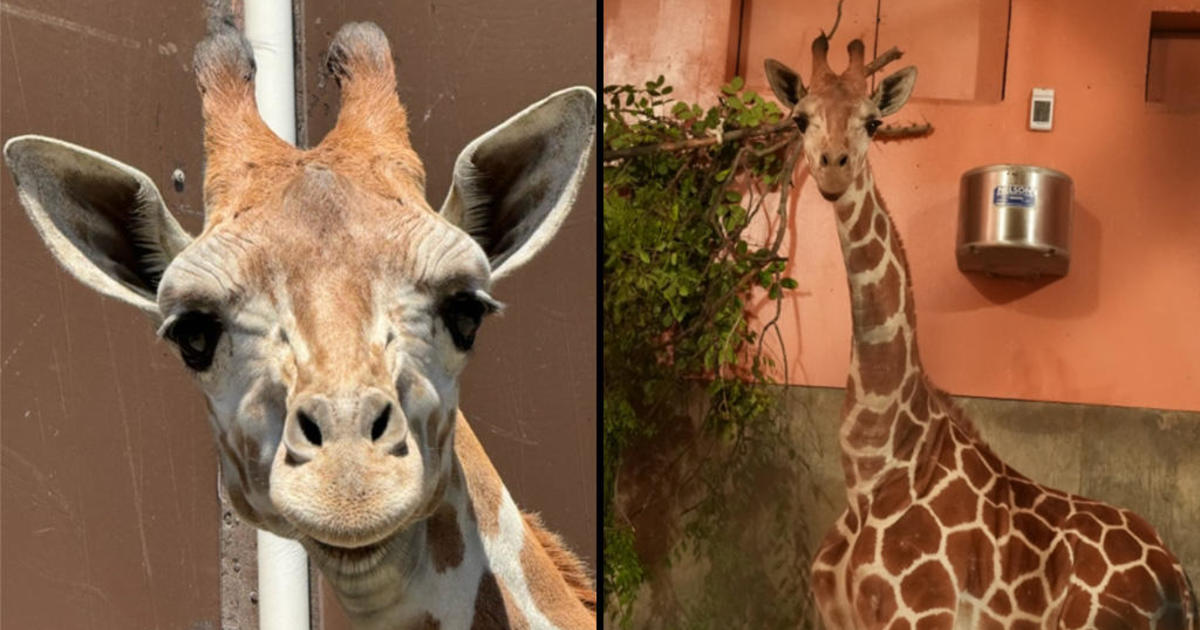Cleft And Craniofacial Center Fosters Patient's Dream To Entertain
STANFORD -- Mathias Dizon practiced for weeks to fulfill a promise he had made to his doctors and nurses at the Stanford Children's Health Cleft and Craniofacial Center: to sing the national anthem at the center's annual patient and family picnic every year until he goes to college.
"I was so proud to watch him sing. He's a larger-than-life example that kids with craniofacial differences can be performers or anything they want to be," says Rohit Khosla, MD, surgical director of the Cleft and Craniofacial Center and renowned plastic and reconstructive surgeon.
Dr. Khosla has performed five surgeries for 10-year-old Mathias, the first when Mathias was an infant. He had bilateral cleft lip and palate, meaning that both sides of his lip from his mouth to his nose were open, along with the roof of his mouth, or palate. His last surgery, in 2018, involved taking bone marrow from his hip bone to fill in a gap in his gums.
"Mathias had one of the more severe bilateral cleft cases I've seen over the last 12 years, but he is right on track with his treatment and doing very well. He's a champion," Dr. Khosla says.
Besides singing at the annual picnic, Mathias has his own YouTube channel. He sings, dances and tells jokes. He especially enjoys Tahitian dancing. Dr. Khosla remembers Mathias doing a dance for the team in the clinic when he was about 6 years old. Now, it's a tradition for him to show off his latest dance moves at appointments.
"He can be shy at first, but once he gets to know you, he's a natural entertainer. He wants to be a comedian/surgeon when he grows up. He says he wants to make kids laugh before they go into surgery," says his mom, Dea Dizon.
She suspects that the desire to be a surgeon arose from his close relationship with Dr. Khosla, and from enduring so many surgeries and procedures himself. She credits the center for helping instill confidence in Mathias, who has endured bullying over his craniofacial differences. Yet, in the last year he has flipped that on its head by entertaining his classmates instead.
"We couldn't have made him feel that confident on our own. He feels like a superstar when he walks in the center. I am convinced the medical team played a big role in boosting him up. He used to ask, 'Why can't I be like normal kids?' but he doesn't anymore," Dea says.
The comprehensive, multidisciplinary center has treated not only his bilateral cleft lip and palate but also related issues, including ear infections, hearing loss, dental work and braces. Fortunately, Mathias hasn't had to tap into the center's speech therapy services, a common need with cleft lip and palate. His clear speech is important, since his mom says she can't get him to stop talking.
"Our care starts with prenatal counseling, which separates us from other centers," Dr. Khosla says. "A cleft diagnosis can be scary for parents, but it doesn't mean your child will have major health problems. We offer guidance and psychological support early on and follow kids closely with annual visits. Plus, we are always improving. We will be adding a full-time craniofacial orthodontic program this year."
Mathias now takes his surgeries and procedures in stride. The surgical team helps by letting him choose a song while they roll him into the operating room so he can dance in bed. His final surgeries, when his face has finished growing between ages 16 and 20, may be to align his bite and to refine his nose. He recently asked if Dr. Khosla would give him a nose like Bruno Mars. He said he'd certainly try.
"Living in the Bay Area is expensive, and from time to time we consider moving out. It always comes down to the fact that we don't want to leave Stanford Children's," Dea says.
The Dizon family, including Mathias's father, Patrick, and brothers, Darion, 16, and Cyrus, 12, enjoyed the fifth annual family and patient reunion picnic in June. Dea appreciates meeting other families facing similar challenges, and Mathias is excited to hang out with other kids with cleft. Of course, they all enjoy watching him sing.
"I wish Mathias the best in his future career as a singer/comedian/surgeon," Dr. Khosla says. "If I inspired him in any small way, I'm honored. He has an amazing family that fully supports him, so I have no doubt he'll make something great of himself."
Mathias is inspired by the much-loved movie Wonder, in which the main character has a rare craniofacial condition. His favorite line from the movie is, "You can't blend in when you were born to stand out." That's how he now lives his life.



